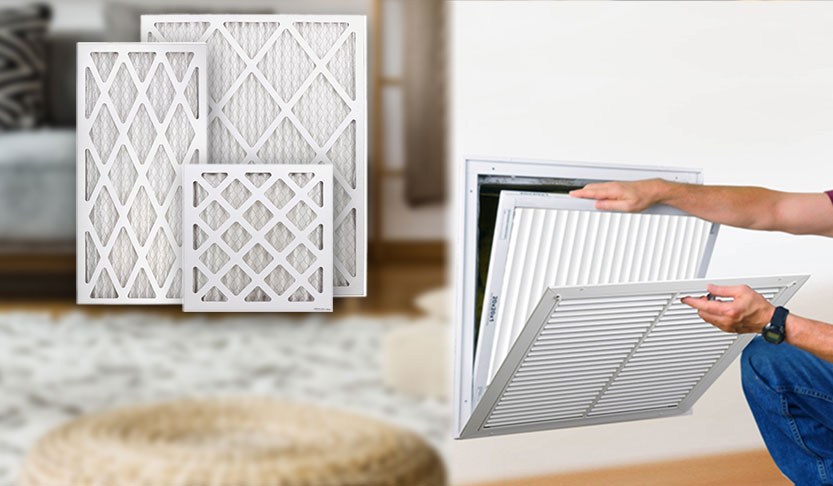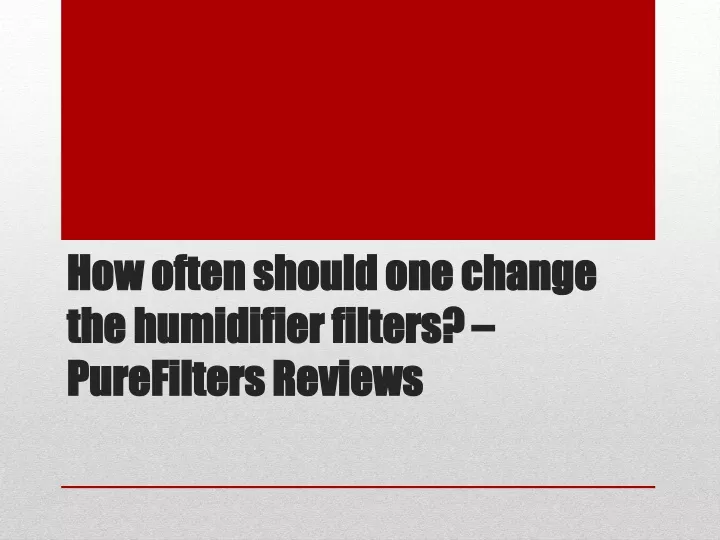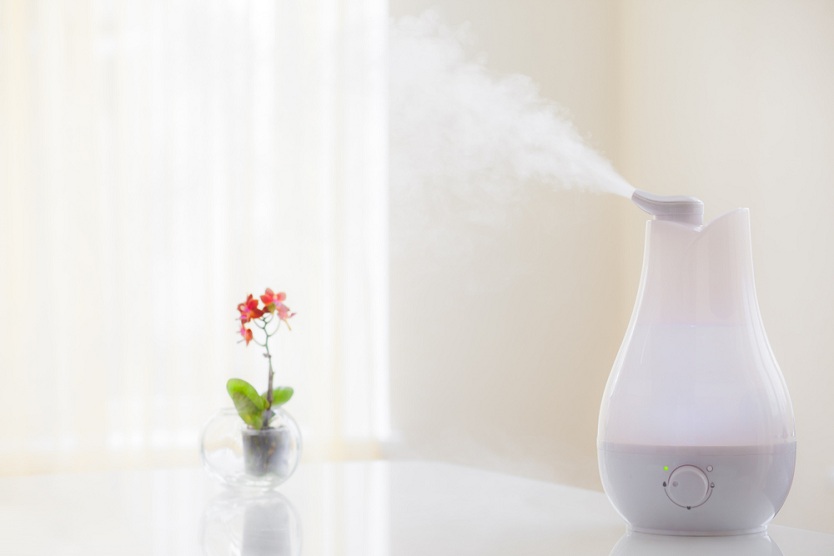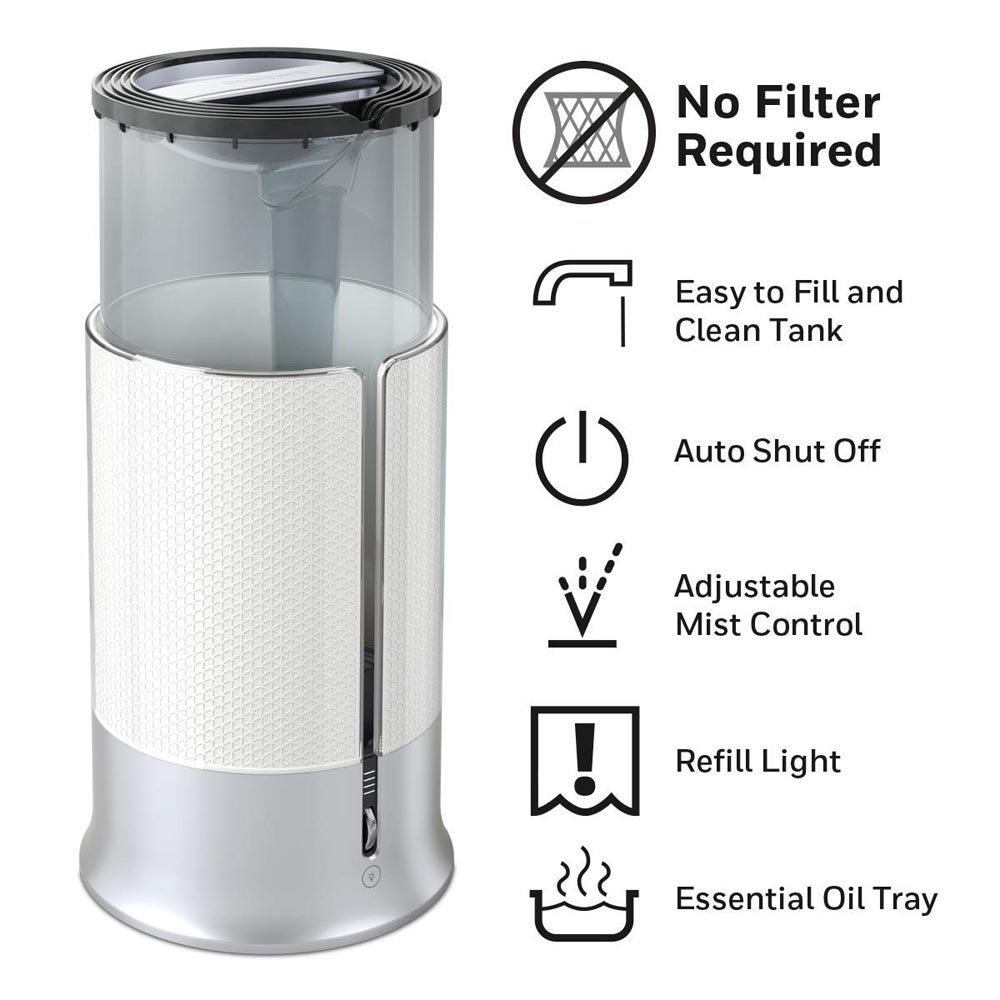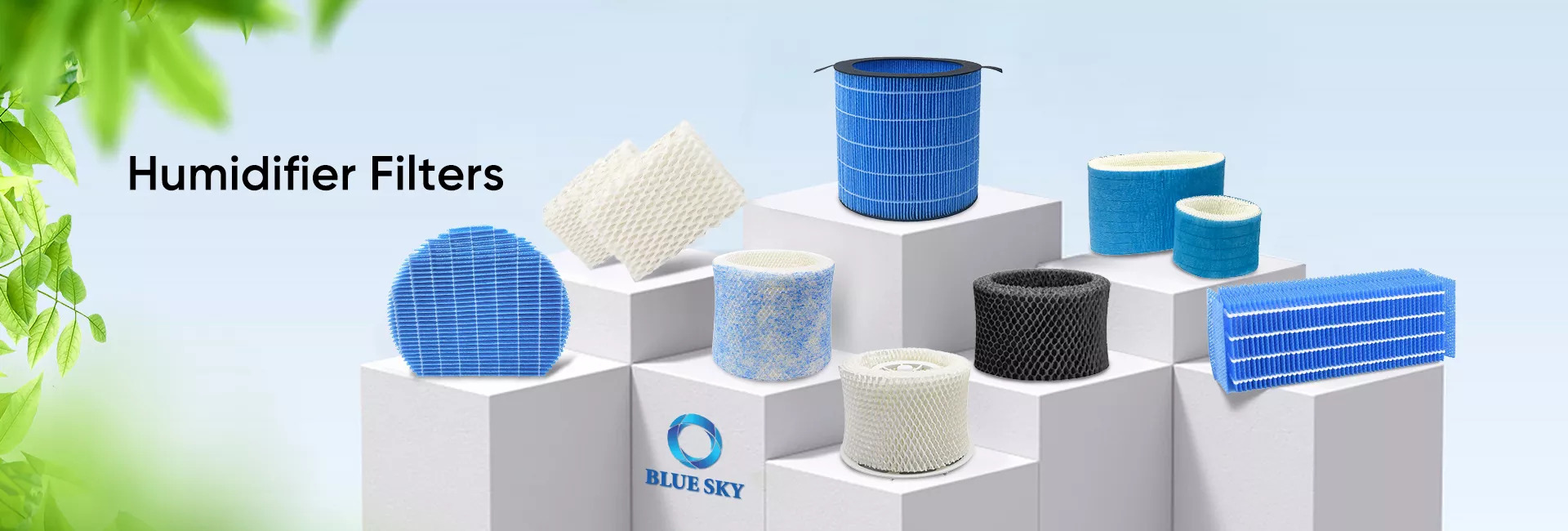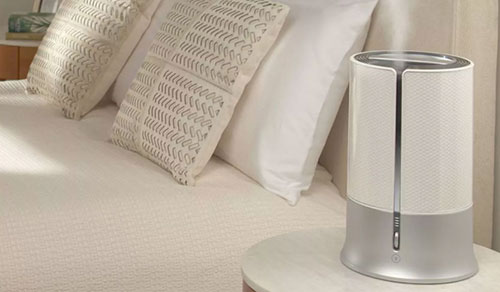How Often Should You Change A Humidifier Filter

A persistent cough, dry skin, and irritated sinuses can be more than just seasonal discomfort; they can be signals of a home environment lacking proper humidity. While humidifiers offer a solution, a neglected filter can transform this helpful appliance into a breeding ground for mold and bacteria, exacerbating the very problems it's meant to alleviate. Understanding the importance of regular filter changes is crucial for maintaining both air quality and personal health.
The optimal frequency for replacing a humidifier filter is a question with no one-size-fits-all answer. This article delves into the factors influencing filter lifespan, offering guidance on how to determine the best maintenance schedule for your specific humidifier model and environmental conditions. We'll explore the potential health consequences of neglecting filter changes and provide practical tips for extending filter life and ensuring optimal humidifier performance.
Factors Influencing Filter Replacement Frequency
Several factors determine how often you should change your humidifier filter. Humidifier type is a significant consideration. Different models employ different filtration systems, each with varying lifespans.
Evaporative humidifiers, which use a wick filter to absorb water and release moisture into the air, generally require more frequent filter changes compared to ultrasonic humidifiers, which don't always rely on traditional filters. Ultrasonic humidifiers may have demineralization cartridges or filters to reduce white dust, but these often have different replacement schedules.
Water Quality Matters
The quality of water used in the humidifier directly impacts filter longevity. Hard water, rich in minerals like calcium and magnesium, can cause mineral buildup on the filter. This buildup reduces the filter's effectiveness and shortens its lifespan, requiring more frequent replacements.
Using distilled or demineralized water can significantly extend filter life. It minimizes mineral deposits and keeps the filter cleaner for longer.
Usage Patterns and Environmental Conditions
How often you use your humidifier also plays a role. If you run it constantly, especially during dry winter months, the filter will naturally degrade faster. Similarly, dusty environments can clog the filter more quickly, necessitating more frequent changes.
Keep an eye on the filter's condition. Visual cues like discoloration, mineral buildup, or a musty odor are clear indicators that a replacement is due.
Why Regular Filter Changes are Crucial
Neglecting to change your humidifier filter can have serious consequences for both your health and the humidifier's performance. A dirty filter becomes a breeding ground for mold, bacteria, and other microorganisms.
These contaminants can be released into the air, triggering allergies, asthma, and other respiratory problems. According to the Environmental Protection Agency (EPA), maintaining indoor air quality is essential for overall health, and a dirty humidifier filter directly compromises that.
Impact on Humidifier Performance
A clogged filter reduces the humidifier's efficiency. It restricts airflow, preventing proper evaporation and reducing the amount of moisture released into the air. This can lead to increased energy consumption as the humidifier struggles to maintain the desired humidity level.
Over time, a neglected filter can even damage the humidifier itself. Mineral buildup can corrode internal components, leading to costly repairs or the need for a complete replacement.
Determining the Right Replacement Schedule
Consult the manufacturer's instructions for your specific humidifier model. The manual will provide a recommended filter replacement schedule based on average usage conditions. However, it's essential to adjust this schedule based on your individual circumstances.
A general guideline is to replace filters every one to three months. However, if you use hard water, run the humidifier frequently, or live in a dusty environment, you may need to change the filter more often.
Signs It's Time for a New Filter
Don't rely solely on a fixed schedule. Regularly inspect the filter for signs of wear and tear. If you notice discoloration, mineral buildup, a musty odor, or reduced humidifier output, it's time for a replacement, regardless of the recommended schedule.
Some humidifiers have indicator lights that signal when a filter change is needed. Pay attention to these indicators and replace the filter promptly.
Tips for Extending Filter Life
While regular filter changes are essential, there are steps you can take to extend the life of your humidifier filter. Always use distilled or demineralized water. This will minimize mineral buildup and keep the filter cleaner for longer.
Clean the humidifier regularly, following the manufacturer's instructions. This will prevent the growth of mold and bacteria and improve overall performance. Empty the humidifier's water tank daily and wipe it clean.
Proper Humidifier Maintenance
Consider using a humidifier cleaning solution to disinfect the tank and other components. Allow the humidifier to air dry completely before reassembling it. Properly storing the humidifier when not in use can also extend filter life.
Ensure the humidifier is stored in a cool, dry place. This prevents mold growth and extends the lifespan of the filter.
The Future of Humidifier Filtration
Advancements in humidifier technology are leading to more efficient and longer-lasting filters. Some manufacturers are developing filters with antimicrobial properties to inhibit the growth of mold and bacteria.
Self-cleaning humidifiers are also becoming increasingly popular. These models automatically clean and disinfect internal components, reducing the need for manual maintenance and potentially extending filter life.
Ultimately, informed consumers who understand the importance of regular filter changes and proper humidifier maintenance are best equipped to ensure optimal air quality and personal health. Staying proactive with filter replacement will not only extend the life of your humidifier but also contribute to a healthier and more comfortable home environment.
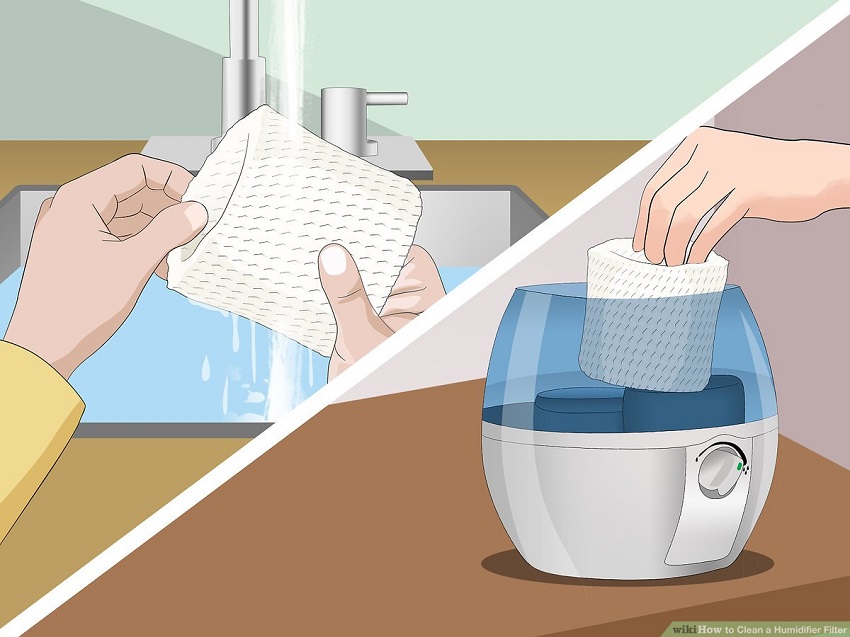
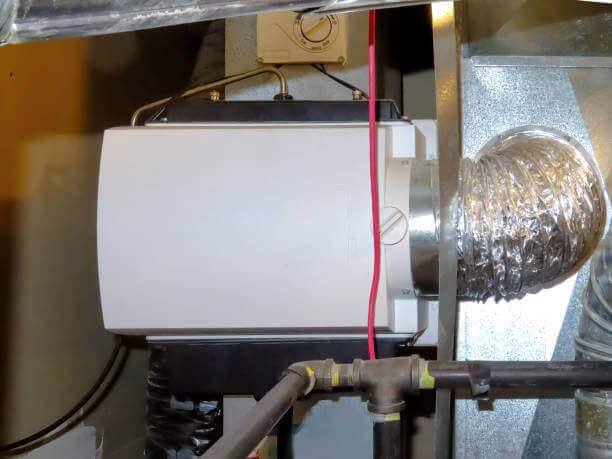

:max_bytes(150000):strip_icc()/GettyImages-1253216769-2dda29a664e8497088639eb5bc2bbce2.jpg)



